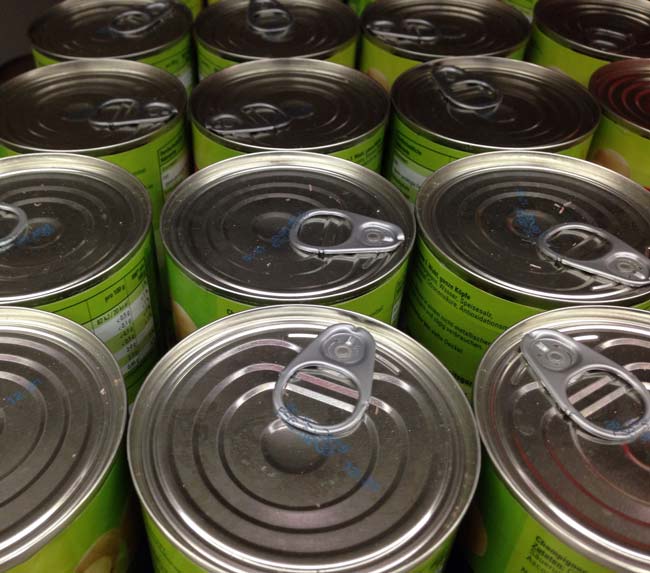If you haven’t heard the name “prepper”, a whole sub-culture is passing you by.

These are the people prepared for an apocalypse, not just some really bad weather. And I don’t just mean they have a few cans of beans and a camping stove set aside – these people are serious. They stockpile enough food and water to last months and have small Faraday cages built to protect phones and hard drives in case an EMP (electromagnetic pulse) brings the country to its knees.
Apparently, a man in Australia has an underground hideout with enough provisions for more than a year – he really shouldn’t have advertised that.
How would you cope?
I’m not suggesting we prepare for an apocalypse, even in the shadow of recent events. We are more likely to need to evacuate due to a gas leak or burst water main. In the UK we don’t usually see the extremes of weather seen in other countries, but with the recent floods in Wiltshire and snow predicted for the country this winter perhaps we should think not just about how we would cope if we can’t stay at home, and what will happen to our pets.
Start with the basics. Who do you need to contact in an emergency? Do you have a list of numbers? Do you know your insurance policy numbers if needed? Fear not – fill in the Environment Agency’s handy “flood preparation” list. This offers a template for your emergency plan and other useful hints.
Having insurance names, phone numbers and policy numbers to hand in an emergency makes life easier. How about adding your pets’ insurance policies and chip numbers as well? I keep mine on my phone – but a paper copy doesn’t need to be charged.
What would you take?

If you had to vacate your home in a hurry, what would you take? Do you need medication? Documents like passports or driving licences? Glasses? Contact lenses? Pets? Do they need medications?
It helps to have a plan and possibly a “BoB” – prepper terminology for a “bug out bag”.
I’m not suggesting living like a feral cat, but having a bag that contains a few days’ meds, food for your pet and some essential paperwork (vet and insurance details) might help in the rush to leave home.
I have a bag with spare glasses, a spare hard drive (I’ve not got as a far as a Faraday cage) and some medication in it. It’s not the best BoB, but if given 20 minutes to leave my house it’s a start. Gas leaks are a common reason for being asked to relocate and you are usually given 20 to 30 minutes to vacate.
Left behind
What if you have a cat that hasn’t come home? How do you transport rabbits or multiple pets? How do you let people know? Could you have some pre-printed cards to put through neighbours’ doors?
Contact your vet and also keep a card in your wallet alerting people to the fact you have left a pet behind. Then, whatever situation you find yourself in, people will find not only your ID but a way to alert people to finding your pets and getting them to a safe place.
Sensible guidelines for prepping for your pets are available on this US site.
This winter, ensure your whole family will be safe, no matter what comes your way. Perhaps, get clients thinking about it too – you could produce a handy card with the practice’s details on it that the client fills in with his or her pet’s info and emergency contact details. We can all suffer from gas leaks or burst water mains.
On a cheerier note, I really hope your BoB never gets used and wish you all a stress-free holiday season.

Leave a Reply